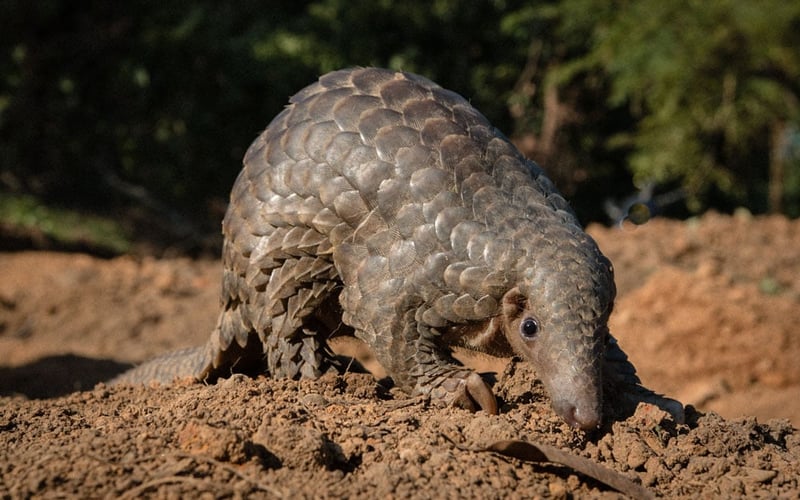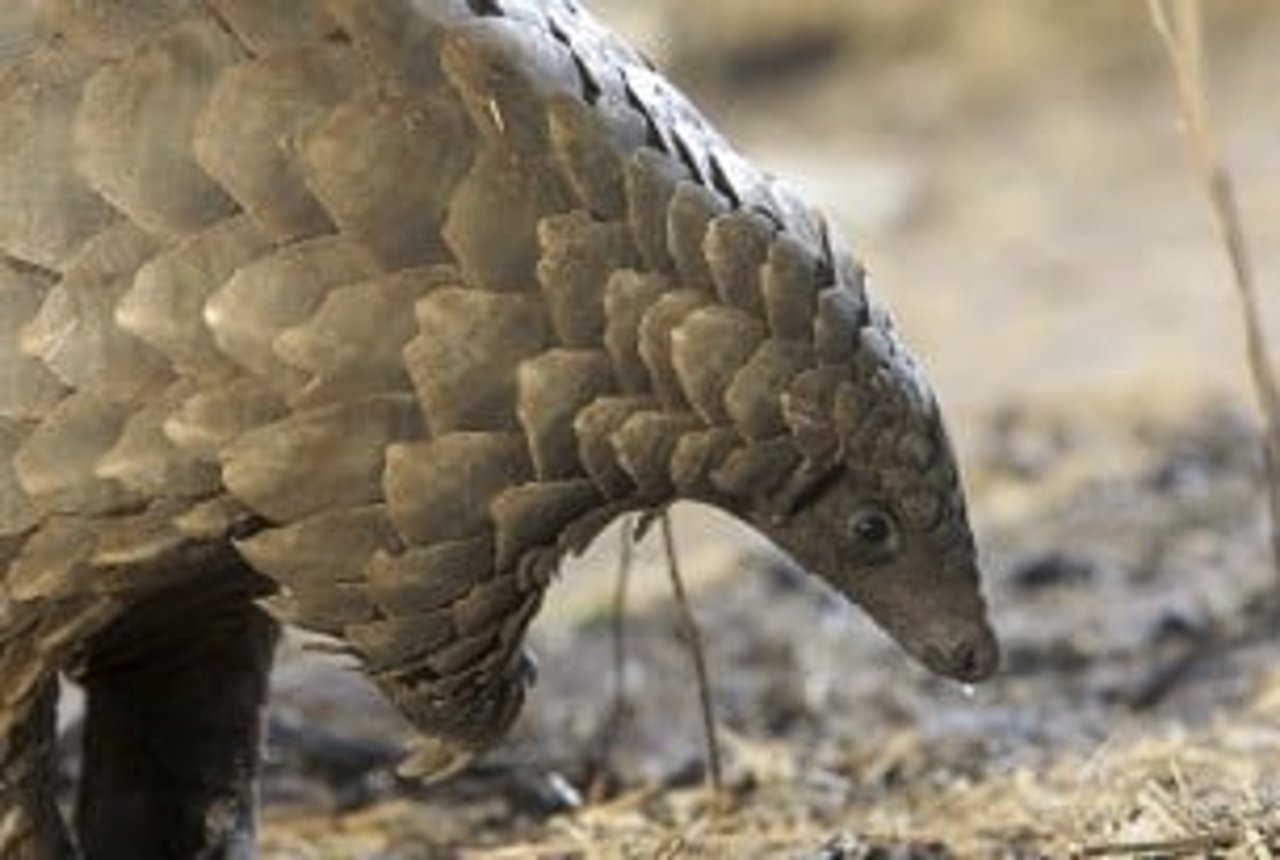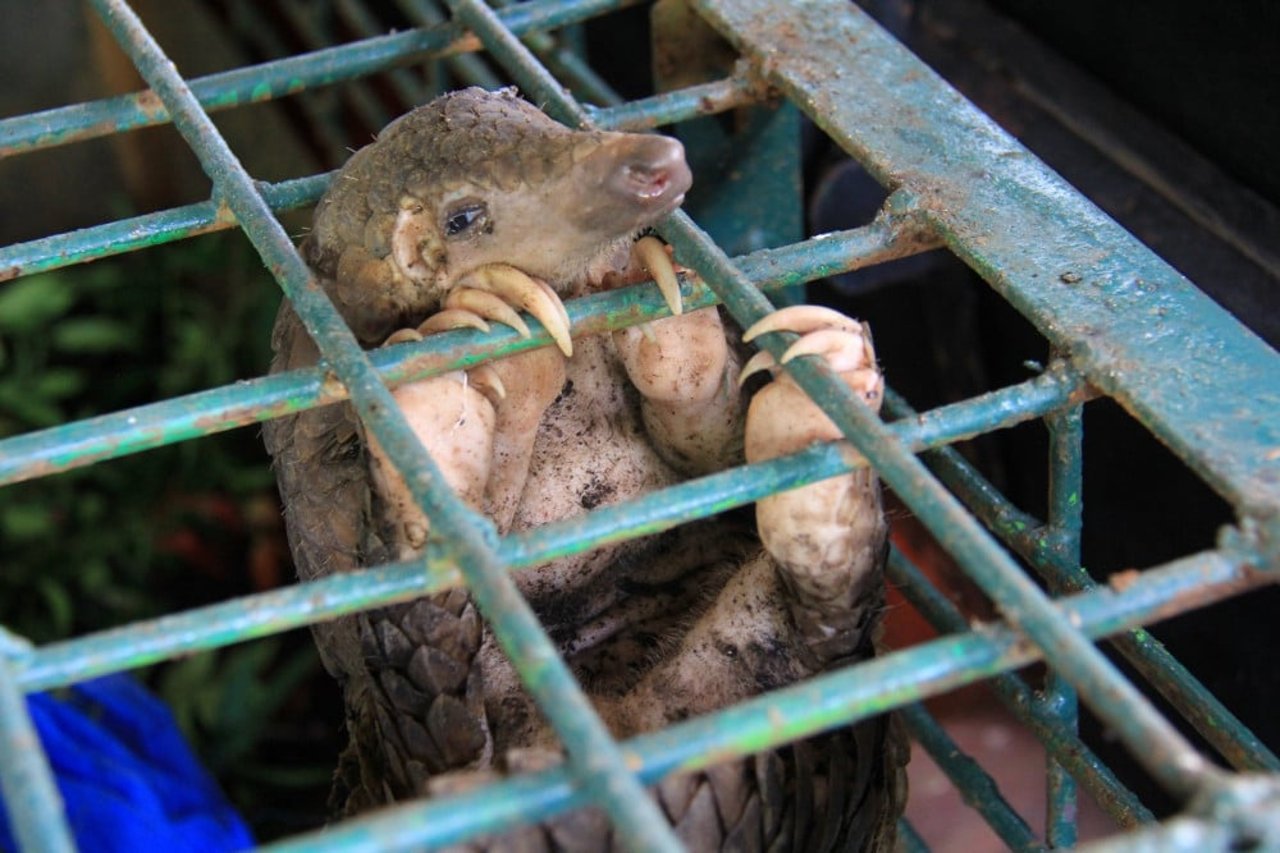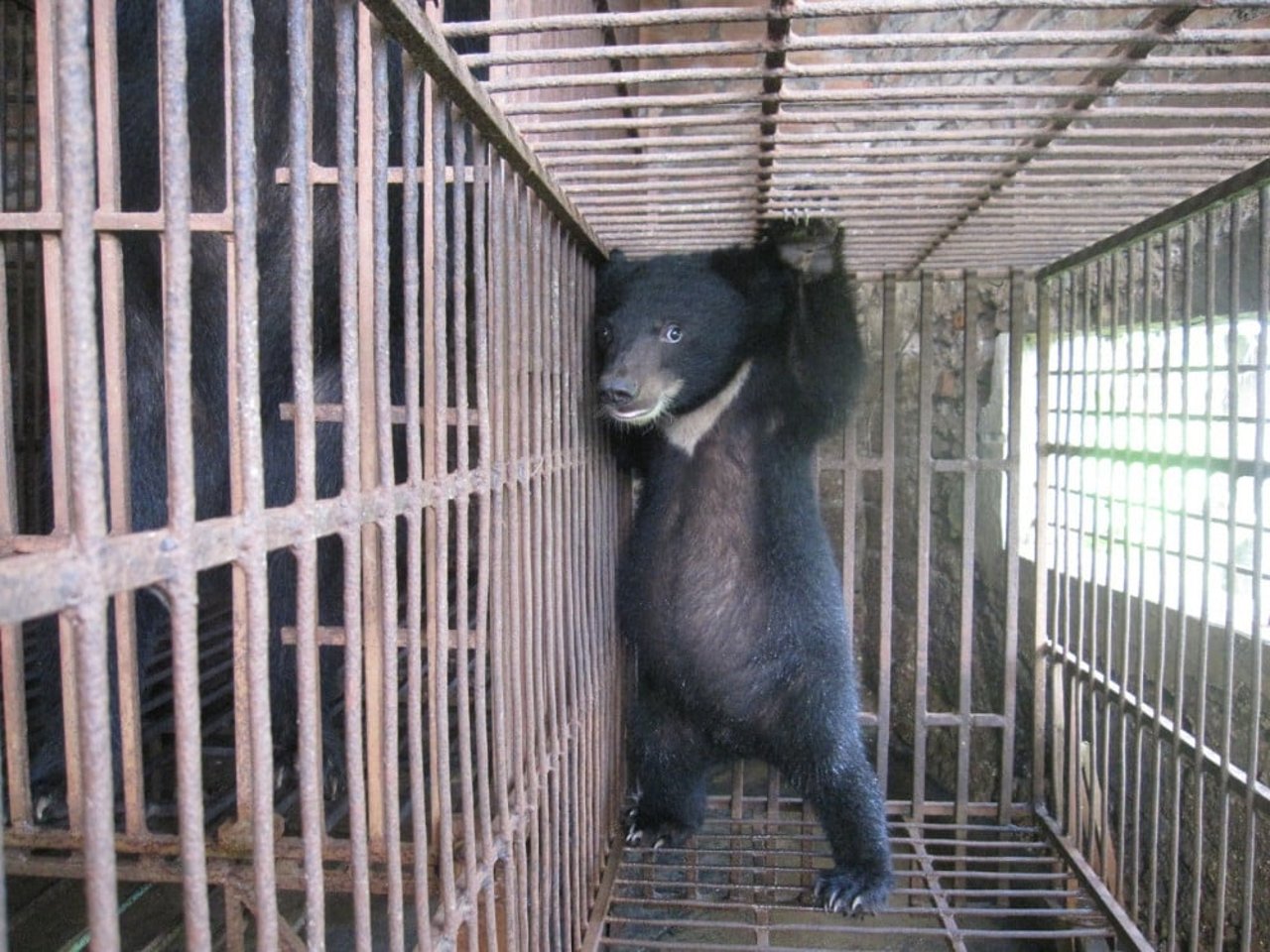
China removes pangolin from traditional medicine list and upgrades protections
News
Following evidence that pangolins may be responsible for passing COVID-19 to humans, China has given the world’s most trafficked mammal, the pangolin, the highest level of protection, and removed their scales from the Chinese Pharmacopoeia on June 9. The Chinese Pharmacopoeia is an official list of drug composition approved and promoted by the Chinese government for use in Traditional Asian Medicines.
**UPDATE: China fails to fully remove pangolins from its medicines list.**
We are disappointed to see that pangolin ingredients are still allowed in a few patent medicines. This tragic contradiction will continue to drive the demand and illegal trade of pangolins in future. In 2019 alone, Chinese customs confiscated an enormous 123 tonnes of pangolin scales.
Original story continues:
The Chinese pangolin is critically endangered and the other seven species of pangolin are threatened by extinction, so China’s upgraded protection of pangolins to the highest level is a very welcome move.
The pangolin is considered to be the most hunted of all endangered animal species, and it is the most trafficked mammal worldwide. It is estimated that around a million pangolins have been captured by poachers just in the past decade alone.
Gilbert Sape, World Animal Protection’s expert in the use of wild animals for traditional medicine, said: “Pangolin meat is considered a delicacy in China and Vietnam, and their scales are used in Traditional Asian Medicines. Yet, there is no scientific evidence to show that pangolin scales have certain therapeutic or health benefits.”
Opportunities for zoonotic diseases like COVID-19
Pangolins are poached from the wild, often placed in dirty, cramped cages, creating a lethal hotbed of disease, as well as causing enormous suffering and cruelty.
Wildlife are thought to be the source of at least 70% of all emerging zoonotic infectious diseases. A permanent ban on the wildlife trade is the only long-term solution to keeping wild animals wild, eliminating animal suffering, and preventing major health epidemics.
We must end the use of wild animals in traditional medicine
While China removed pangolins scales from the Chinese Pharmacopoeia, the official list of drug composition approved and promoted by the Chinese government for use in Traditional Asian Medicines, body parts from many other wild animals are still included, such as bear bile, tiger bones and jaguar paste.
“A large number of herbs and synthetic products can replace the wild animal products used in medicine,” Gilbert Sape says.
These animals endure a lifetime of suffering - confined to small cages, starved, distressed, and many will suffer horrific diseases in these conditions. Using wildlife in medicine is unnecessary and a risk to public health, especially as viable plant-based alternatives are available.
Only a global wildlife trade ban can protect both animals and humans
We can no longer ignore the dangerous risks and intense suffering caused by the exploitation of wild animals. Every day, thousands of wild animals are poached or farmed and sold into the global multi-billion-dollar trade – for food, for pets, for traditional medicine and for entertainment.
In February, the coronavirus pandemic prompted China to ban the domestic trade and consumption of many wild animals, and in early May, four Chinese cities announced they were prioritizing their enforcement of the new ban.
These are encouraging steps forward, but banning wild animals for food consumption is clearly not enough – the only solution is a complete ban on the global trade of wild animals. Until this happens, animals continue to suffer, and people remain at risk from deadly pandemics. Wild animals don’t belong to us, they belong in the wild. This is how we’ll ensure a healthy future for animals, us and the planet.
Together we can end wildlife exploitation. Forever.
Join World Animal Protection's global campaign calling on Canada and other G20 countries to ban the global wildlife trade:
The Chinese pangolin is a critically endangered species, and the world’s most trafficked mammal largely due to the use of its scales for traditional medicine.


